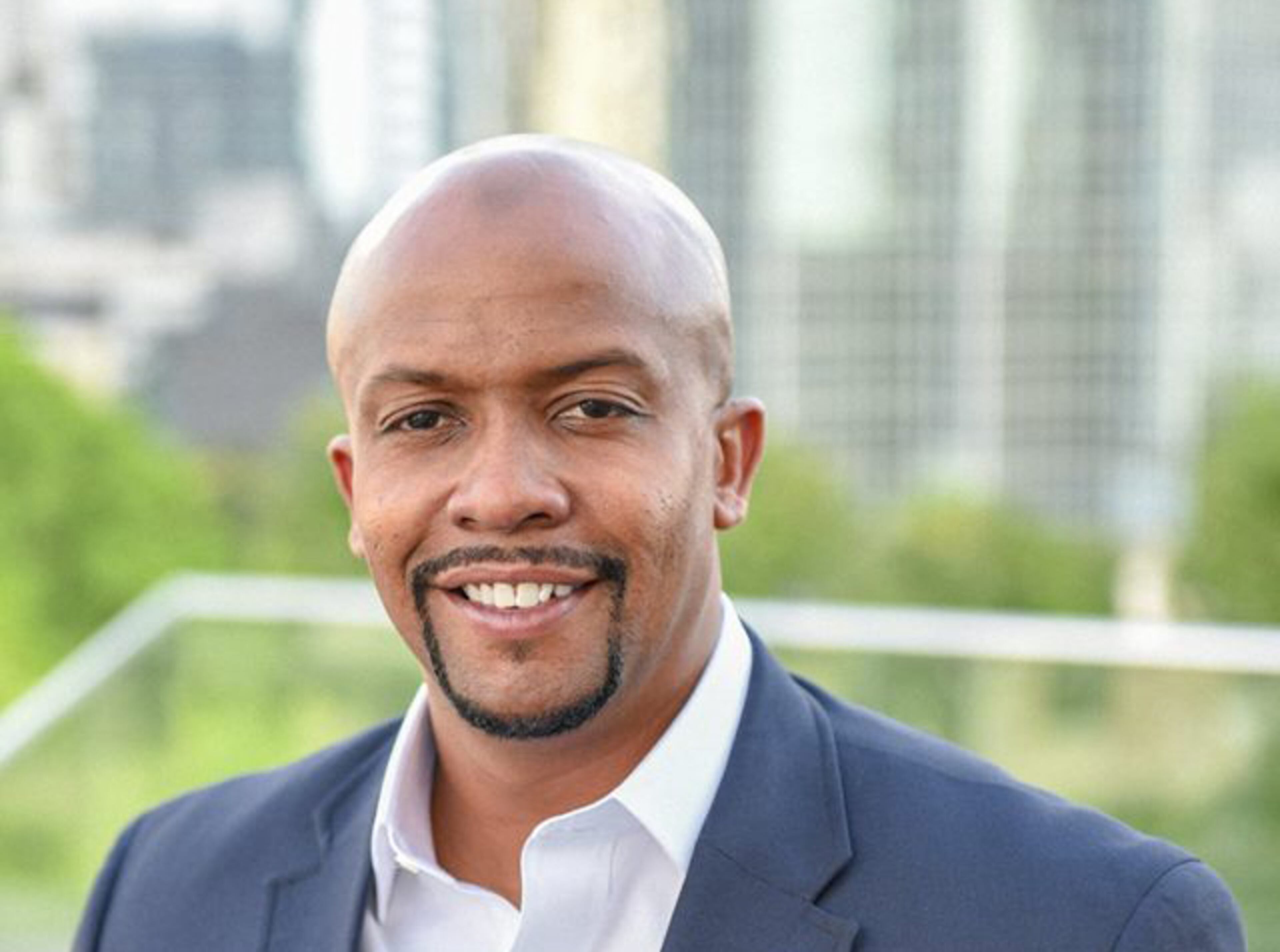Opinion: Solving uptick in youth violence without more cops, cameras and curfews

This year, America’s cities have experienced near-record levels of crime and violence. Atlanta’s homicide rates are the city’s highest in more than a decade. Atlanta has also seen a spike in the number of “Water Boys,” youth who sell bottled water throughout the city. These young men have a true entrepreneurial spirit but are often selling water in dangerous intersections and some interactions have become violent.
I have worked in mentoring and youth development for more than 15 years, including many cities facing these same challenges. As a young man, I made some poor choices that resulted in being incarcerated at the age of 17. So I have real-life experience with these issues we are facing as a city.
Unfortunately, in facing these issues, most cities deploy the same response -- more cops, more cameras, and in some cases, curfews to curb the violence. These strategies alone will not work.

I am a big supporter of the police and the role they need to play in solving these problems. I believe in community policing, where police live in the same communities they serve to build better relationships. My mentor in high school was a part-time police officer and he played a major role in helping me graduate from high school after being incarcerated.
However, just deploying more cops and cameras in Buckhead will not work. You have to realize that the “Water Boys” and the young people committing some of these crimes already live in communities with heavy police presence and many cameras. Instead, we need to think about addressing the root causes of the problem and implementing innovative solutions.
In a former role, I was the director of a national violence prevention program called the “Violence Free Zone” for the Woodson Center in Washington, D.C. that solved these kinds of issues in major cities across the country. For example, the program in Milwaukee, Wisconsin employed 60 local Youth Advisors who provide mentoring and character coaching to more than 1,000 students in 11 schools. These Youth Advisor mentors experienced and overcame similar challenges of the youth and also lived in their communities.
Baylor University’s four-year evaluation of the program found that students in the program showed a 79% reduction in average number of suspension days per month, a 44% reduction in the average number of behavioral incidents, a 9.3% increase in GPA and a 24% higher rate of graduation than students not enrolled in the program.
Here at Big Brothers Big Sisters, I am happy to share that in 2020, 99% of the students we served did not become involved with the criminal justice system and 97% of our seniors graduated on time. In my experience, the following practical strategies have produced great outcomes for youth.
- Removing Barriers: Many of the young people selling water or committing crimes are born into situations with barriers that hinder their potential and prevent them from being successful in school. These barriers include lack of food, unemployment, drug abuse, mental health issues, etc. We as a city and nonprofit sector need to help remove these barriers. For example, during the COVID-19 pandemic, my staff have connected hundreds of families with resources to meet their basic needs (food, COVID-19 resources, housing).
- Empowerment: I am a big fan of the famous quote “If you give a man a fish, you feed him for a day. If you teach a man to fish, you feed him for a lifetime.” We have to teach our youth how to fish and empower them so they can do it on their own. We need to encourage young people to take charge of their lives and situations. This speaks directly to the power of mentorship. Mentors can help the Water Boys redirect their entrepreneurial spirit in more productive ways. Mentors can be a guide and resource to connect youth to jobs and other opportunities. Mentors defend the potential of our youth.
- Hope: This is one of the most important pieces. I have witnessed so many youth push through tough situations and achieve against the odds because they have hope. In many cases, a mentor serves as a living tangible example of what is possible. The reality is that some of the young people farthest from opportunity in Atlanta have challenges in their neighborhoods or families that may never change. However, if they have hope, they can still overcome these barriers. My mentors gave me hope and now I am the CEO of the largest, most effective mentoring organization in Georgia.
Big Brothers Big Sisters of Metro Atlanta recently made a bold decision to sell its headquarters in Midtown and relocate to the Met in the West End/Adair Park community this summer. The goal is to better serve communities of high need and provide mentors to youth farthest from opportunities in Atlanta.
The next phase will be for BBBSMA to set up satellite offices embedded within other youth-serving organizations in neighborhoods determined to have low child well-being. This will enable BBBSMA to match more youth with “Bigs,” mentors who live in and have direct experience with their communities, including police officers through our “Bigs in Blue” program. If you want to be part of the solution, visit our website at www.bbbsatl.org to learn more.
Kwame Johnson is president and CEO of Big Brothers Big Sisters of Metro Atlanta. The mission of BBBSMA is to create and support 1-to-1 mentoring relationships with youth. The agency serves approximately 1,100 children from 12 metro Atlanta counties on an annual basis.


